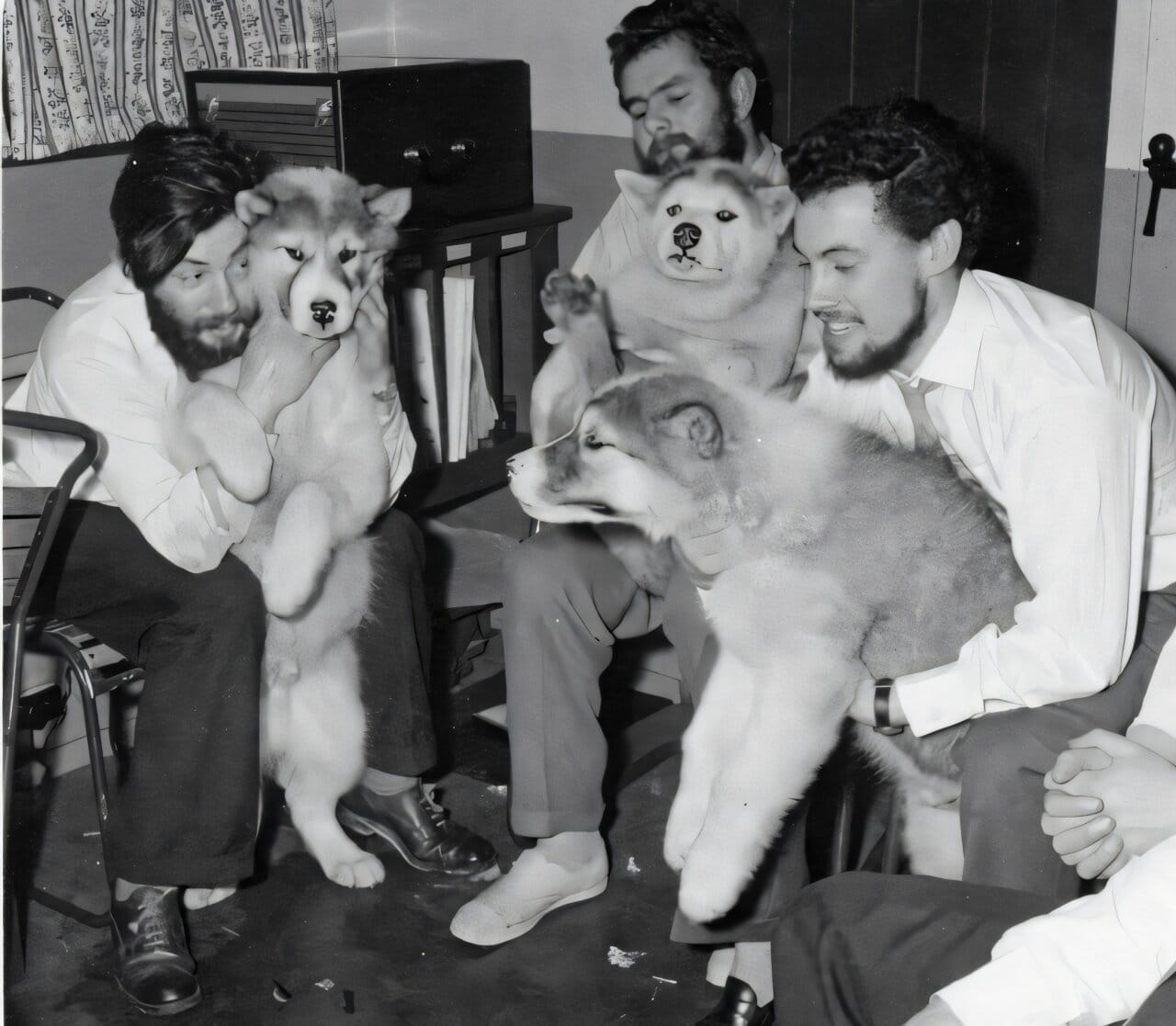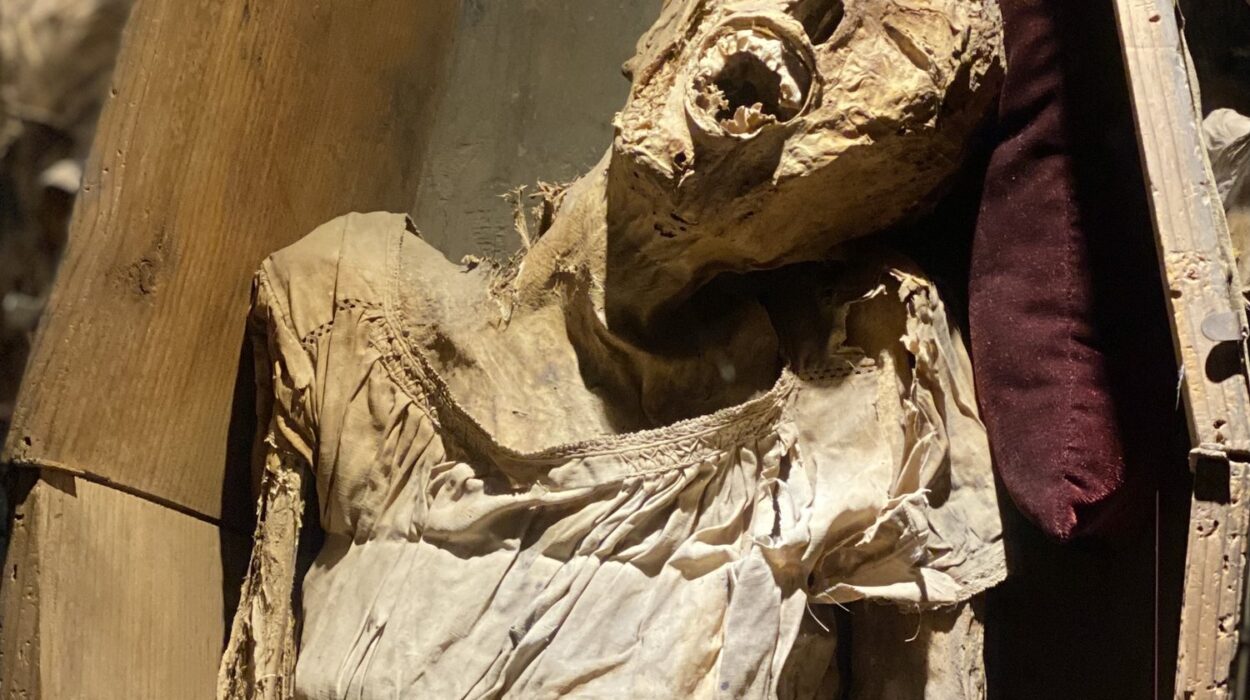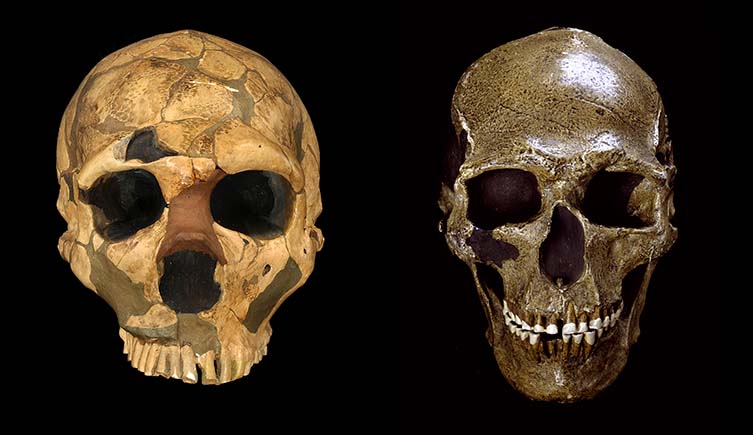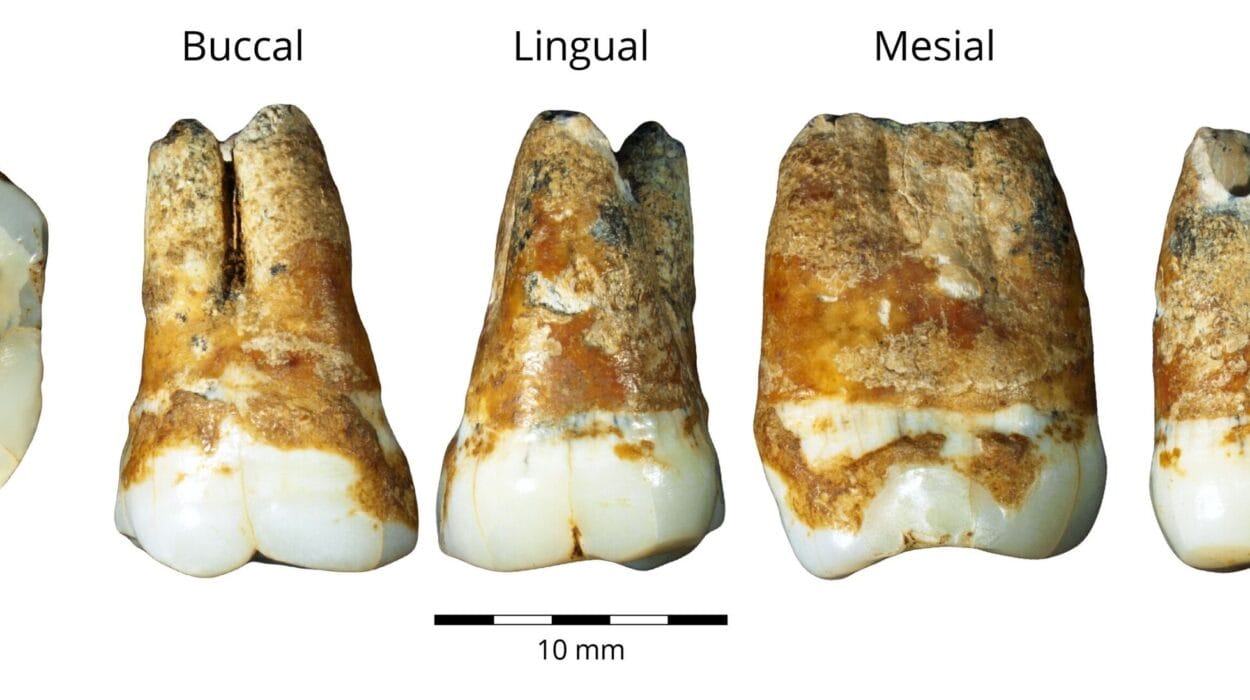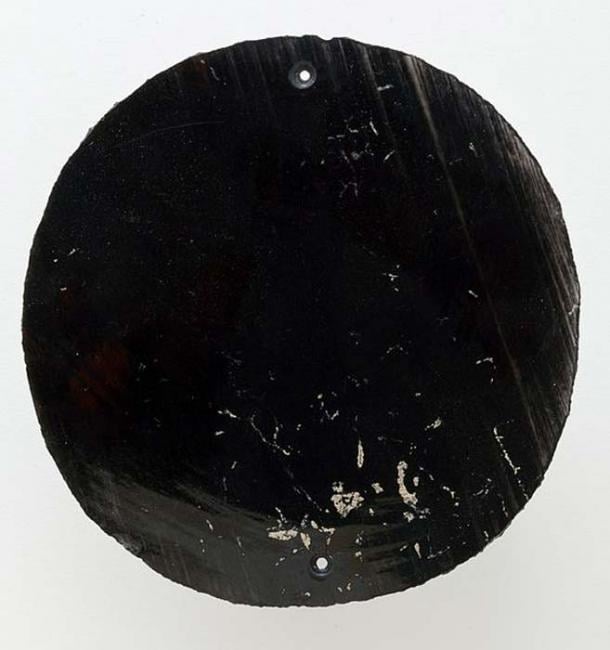For more than six decades, the frozen wilderness of King George Island kept its secret. Now, as glaciers retreat under a warming climate, a remarkable and poignant discovery has emerged from the ice. A Polish research team from the Henryk Arctowski Antarctic Station has uncovered the remains of Dennis “Tink” Bell — a young British meteorologist who vanished into a crevasse in 1959 during a scientific expedition.
The breakthrough came in January 2025, when the team was conducting fieldwork on the Ecology Glacier in Admiralty Bay, off the Antarctic Peninsula. Among newly exposed rock and melting ice, they found human remains alongside more than 200 personal items — including fragments of radio equipment, ski poles, an engraved wristwatch, a Swedish Mora knife, a flashlight, and the stem of an ebonite pipe.
Each object was a frozen snapshot from a time when polar exploration was a battle not just with the cold, but with the unknown.
From Tragedy to Identification
Dennis Bell’s fate was well-known to his colleagues in 1959 but his body had never been recovered. At just 25 years old, he was working for the Falkland Islands Dependencies Survey (FIDS), the forerunner of today’s British Antarctic Survey (BAS). On 26 July 1959, during the deep Antarctic winter, Bell was part of a two-man team leading a dog-sledging journey up a glacier to reach the ice plateau. In heavy snow, he moved ahead of the sled dogs without his skis — and vanished through a hidden crevasse.
Rescue attempts were immediate and desperate. Ropes were lowered, and at first Bell was conscious and answering calls. But in the chaos and extreme cold, tragedy struck again. The rope had been tied through his belt rather than around his body. As he neared the surface, the belt broke, and he plunged once more into the depths. Despite hours of searching in worsening blizzard conditions, no further contact was made. His loss was a crushing blow to his small base crew.
The location of his fall was eventually marked on maps, and Bell Point on King George Island still carries his name — but his physical remains lay hidden under snow and ice for more than half a century.
The Long Journey Home
After the Polish team documented and recovered the remains in January and February 2025, they were carefully transported aboard the British Antarctic Survey’s Royal Research Ship Sir David Attenborough to the Falkland Islands. From there, they were escorted to the UK by His Majesty’s Coroner for the British Antarctic Territory, Malcolm Simmons, with support from the Royal Air Force.
The final step was DNA confirmation. Samples were sent to Professor Denise Syndercombe Court, a forensic genetics expert at King’s College London. Comparison with DNA from Bell’s surviving brother, David, and sister, Valerie Kelly, yielded a near-certain match — “more than one billion times” more likely to be related than not.
For Bell’s family, the news was both shocking and healing. “When my sister Valerie and I were notified that our brother Dennis had been found after 66 years we were shocked and amazed,” David Bell said from Australia. “The sensitivity of the Polish team in bringing him home has helped us come to terms with the tragic loss of our brilliant brother.”
A Life of Curiosity and Adventure
Dennis Bell grew up in Harrow, northwest London, attending Harrow County School for Boys. Bright, curious, and mechanically gifted, he could repair petrol engines, build a radio from scratch, and process his own photographs. He loved scouting, theater, and good company, though he had little patience for organized sport.
After a short stint in the insurance industry, he completed his National Service in the Royal Air Force as a radio operator. Eager for a greater challenge, he joined FIDS in 1958 for a two-year meteorological posting at Admiralty Bay — a small, isolated base manned by just half a dozen men. Surrounded by mountains and glacial ice, the bay was iced over for most of the year. Friends remembered Bell as larger-than-life, always ready with a joke or a prank to break the monotony of the long Antarctic winter.
Science and Sacrifice in the Polar Frontier
The story of Dennis Bell’s death is a stark reminder of the dangers faced by early Antarctic scientists. In the 1950s, FIDS personnel endured extreme isolation, primitive communication, and a constant battle against the elements. A routine sledging trip could quickly turn into a fight for survival — especially on treacherous glacier terrain riddled with crevasses invisible beneath windblown snow.
Sir Vivian Fuchs, then Director of BAS, recounted Bell’s accident in his memoir Of Ice and Men as “a particularly tragic fatality which one really felt should never have happened, and thus doubly grievous.” His loss was not just personal, but symbolic of the risks endured by those who laid the groundwork for modern polar science.
A Poignant Closing to a Frozen Chapter
Professor Dame Jane Francis, Director of BAS, called the discovery “both a poignant and profound moment” for the organization. “Dennis was one of the many brave FIDS personnel who contributed to the early science and exploration of Antarctica under extraordinarily harsh conditions. This discovery brings closure to a decades-long mystery and reminds us of the human stories embedded in the history of Antarctic science.”
Now, after 66 years entombed in ice, Dennis “Tink” Bell has finally returned home. His family will decide how best to honor his memory — a man whose curiosity and courage carried him to one of the most remote places on Earth, and whose story now reminds the world of the sacrifices made in the name of exploration.
